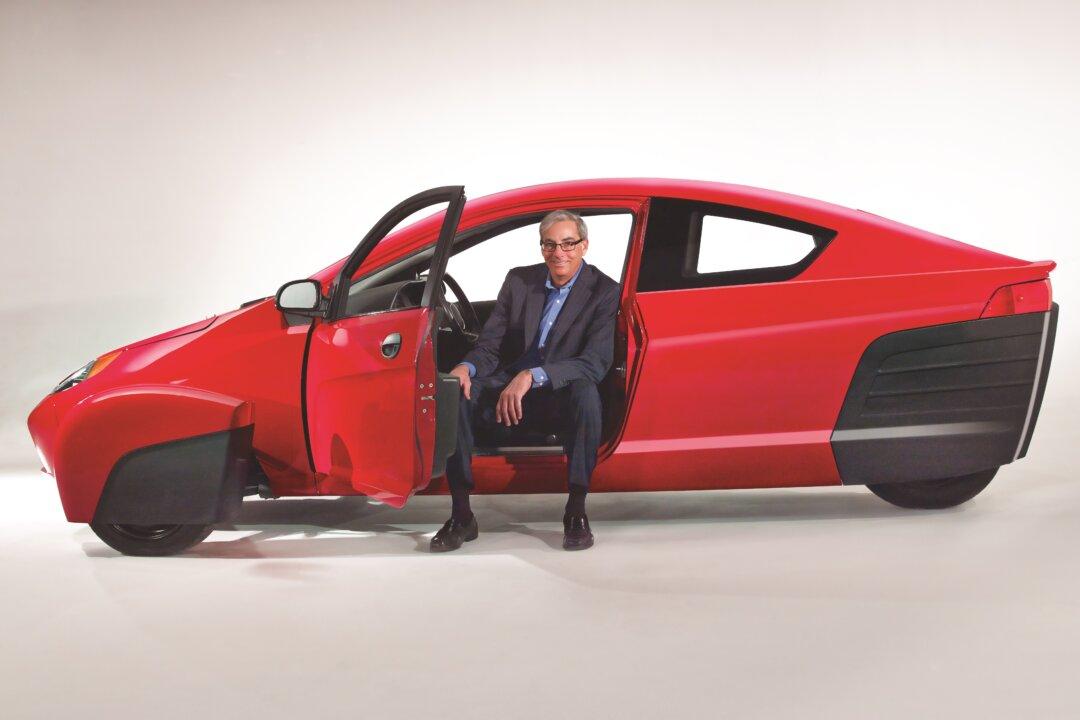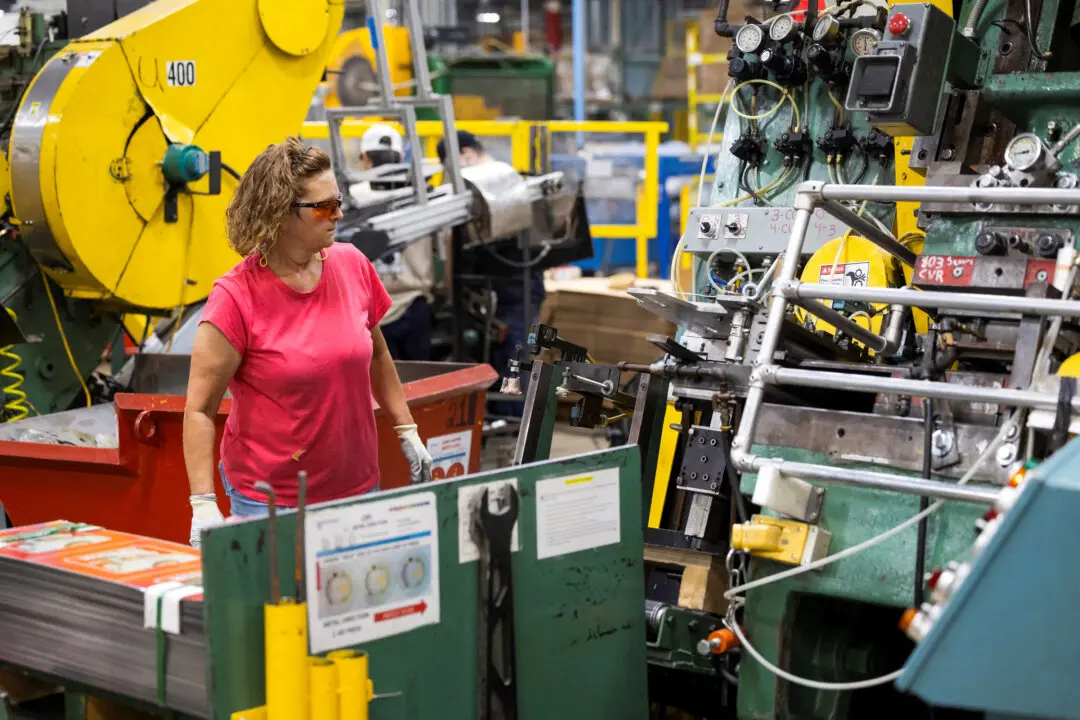A car with three wheels, two seats, and a $6,800 starting price could hit the roads next year.
Elio Motors, a Phoenix-based startup, wants to revolutionize the American transportation industry—and it’s off to a good start: It has already received more than 53,000 reservations for its ingenious vehicle. Also nice: It was the first startup to go public through crowdfunding.
Founded by Paul Elio in 2008, Elio Motors invented a prototype for a three-wheel, two-seater vehicle. It is a highly fuel-efficient car that can get up to 84 miles per gallon, which is twice the mileage of a standard compact car. How does it do that? Slim design and a light weight.
It is a highly fuel-efficient car that can get up to 84 miles per gallon.





